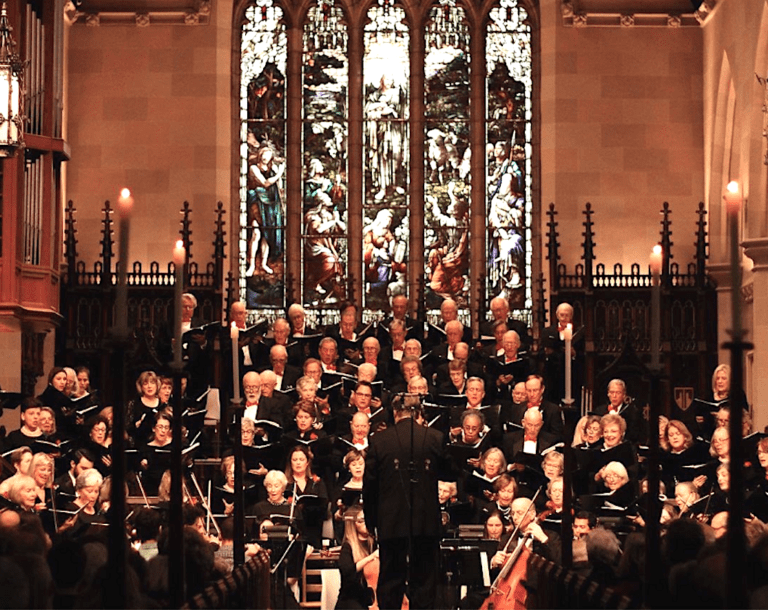
By Drew Williams
In Isaiah 42:3, the prophet Isaiah writes about a suffering servant of whom he says, “a bruised reed He will not break, and a smoldering wick He will not snuff out.” The Hebrew translation of the word bruised denotes a deep contusion — the idea being that while we may not show it on the outside, on the inside we are (or it seems as if we are) dying. How many times have any of us felt like that?
Who is the suffering servant to whom Isaiah refers? To begin with, this is a portrait of the messianic figure in which we, of course, begin to see the outline of Jesus.
But, at the same time, this is a picture of the Lord’s heart toward us — how He cares for all us bruised reeds and smoldering wicks. How does God do that? We find one beautiful illustration of His care in the life of the prophet Elijah.
1 Kings 19 was the first scripture from which I ever preached. A generous little Methodist congregation in North Devon, England, was patient enough to sit through my very best attempt to unpack this episode in Elijah’s ministry. It follows his extraordinary victory over the Prophets of Baal on Mount Carmel, set out for us in chapter 18.
But, by chapter 19 we find our man, Elijah, cracking under the pressure of his ministry. Elijah is a great prophet, but he is also very human — and there is only so much disappointment, opposition, pain and conflict that any of us can take. He is one very despondent man — a bruised man! Here is someone whose light is about to go out. And, Elijah is not handling his suffering and stress well. Elijah is not saying, “I’m just rejoicing in the Lord!” He has actually come to the point where he is ready to quit. He says, “Take my life. I don’t even want to live.” (1 Kings 19:4)
So, what is God’s first response to this bruised reed? I offer two thoughts drawn from 1 Kings 19:
1) Touch: To begin with, I am struck with the tender way that the Lord puts our broken hero back together again. The Lord’s first and immediate response is to touch him. We are told, “All at once an angel touched him…” (1 Kings 19:5b). Notice that the angel does not give Elijah a good shaking. He does not berate him for his lack of faith or his impatience. Neither does he interrogate him — “What’s the matter with you?” He simply touches him. It is very tender. You could skip right over these six words — but you would miss that reasoning and explanation are not God’s first response! The very first thing God does is restore Elijah’s emotional and physical strength. The angel cooks him a meal and tells him to sleep. The angel does not say: “Repent!” or “Fear not” or “Rejoice, I bring good news!” He cooks him a meal and tells him to sleep.
2) Timing: And then in verse 7 we read, “The angel of the LORD came back a second time and touched him and said, “Get up and eat, for the journey is too much for you.” A second touch and a second meal. I find this deeply reassuring because we see not only the tenderness of God’s touch also but also the reality that the Lord knew exactly what it would take to get Elijah back on his feet — including the time that he needed.
The Lord knows us so well. He knows of what we are made, and he knows our breaking point. And, Elijah’s story would reassure us that His response is immediate, His touch is tender, His timing is perfect and His heart is to forgive, heal and restore us.
David wrote, “For He knows our frame; He remembers that we are dust.” (Psalm 103:14) Without doubt, this has much to do with our weakness in the face of temptation — our propensity toward sin. But in this same psalm, David also writes in praise of God who “…forgives all your iniquity, who heals all your diseases, who redeems your life from the pit, who crowns you with steadfast love and mercy, who satisfies you with good so that your youth is renewed like the eagle’s.” (Psalm 103:35)
All those years ago, I did not preach this Elijah message to the Methodist congregation in North Devon. I suspect I preached a passionate exhortation for us to get back on our feet and make disciples of all nations. I remember that they were a very kind and encouraging crowd. More than twenty years later, I find myself identifying with Elijah in ways that I had not anticipated. The older members of that congregation no doubt could have told me, but they were much too gracious to say anything — and maybe some things in the Lord are best left for us to discover for ourselves.
May you know the tenderness of His touch this day, and may He show us how to be that for each other.
Drew Williams is the Senior Pastor of Trinity Church. Visit Trinitychurch.life




